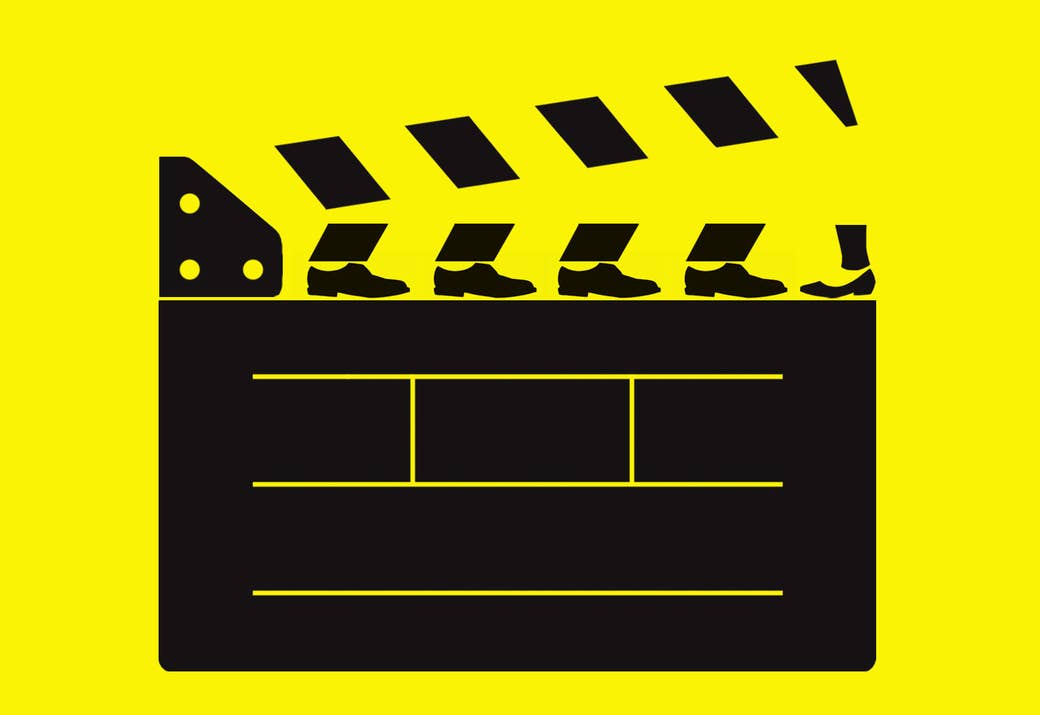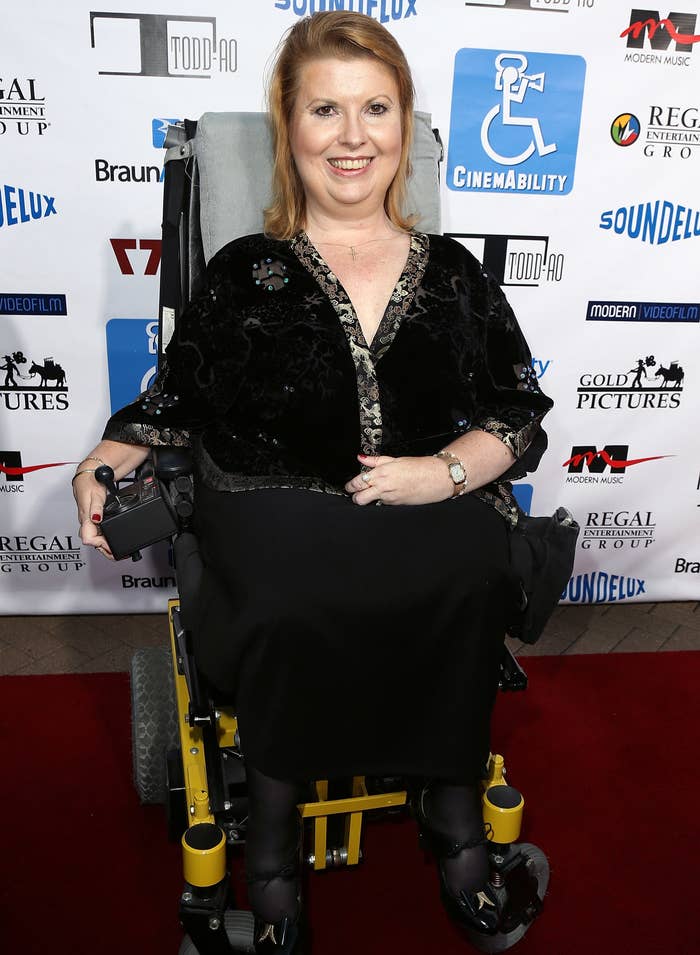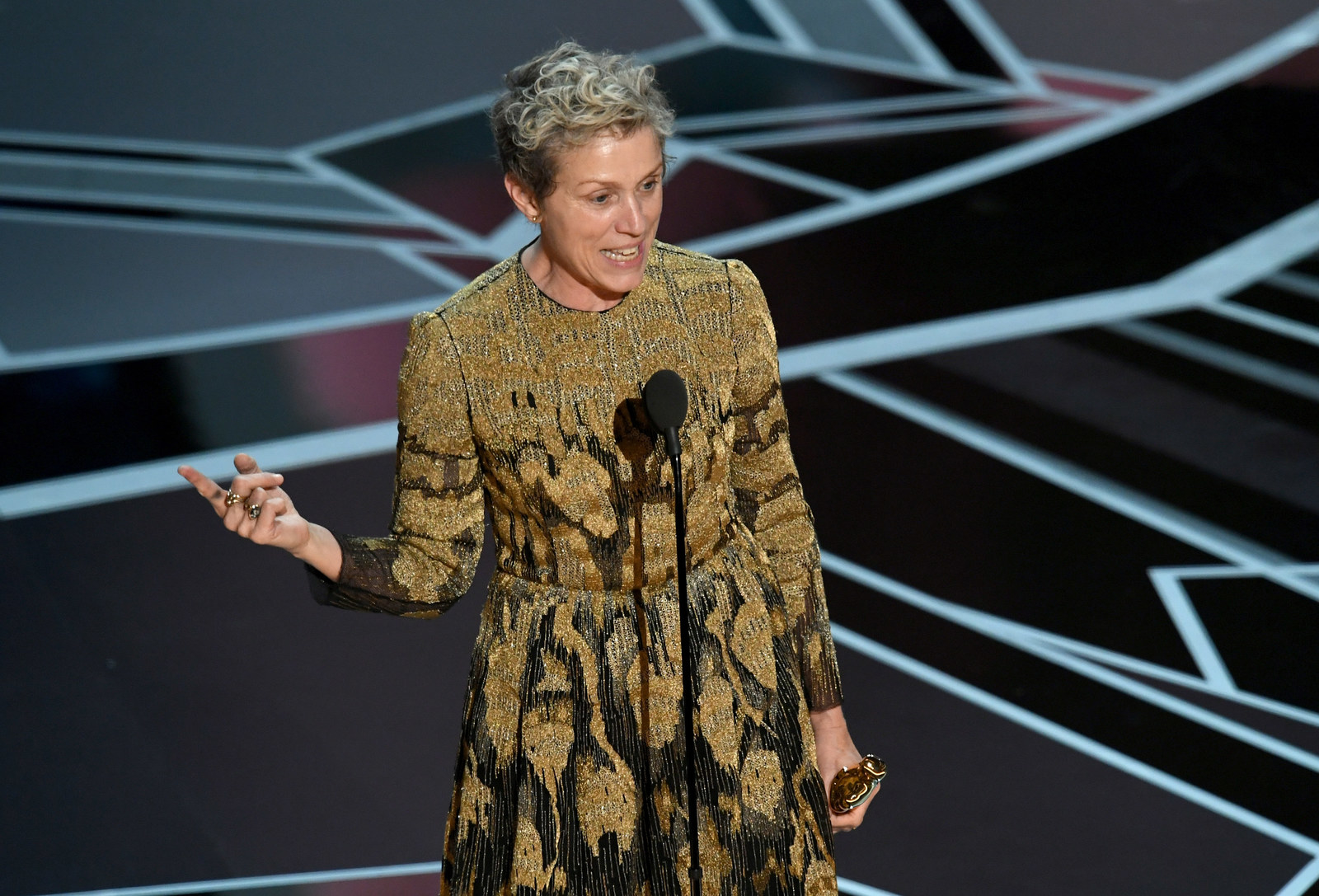
Until the #MeToo movement revealed widespread sexual harassment and abuse in Hollywood, the rallying cry for gender equality in the entertainment industry centered on jobs. Women are grossly underrepresented in leadership roles in TV and film, particularly in the director’s chair. For years, the Directors Guild of America has reported that men helm around 80% of TV episodes, while academics have found they direct about 90% of top films.
So when the Equal Employment Opportunity Commission launched an investigation in 2015 in response to the ACLU’s damning research into hiring discrimination against women directors, it seemed like things might actually change. “The problem has been known for decades,” the ACLU’s Melissa Goodman, who spearheaded the research, told BuzzFeed News. “We just thought it was time to have some increased outside pressure brought to bear.”

The EEOC first looked into the issue in the 1960s. It held three days of public hearings on major LA industries in 1969 and spent one of those days on the motion picture industry. The agency determined Hollywood's hiring practices were excluding women and minorities and recommended that the Department of Justice pursue a lawsuit.
To avoid being sued, the studios entered into a voluntary settlement agreement to diversify the overall labor pool in 1970. That agreement did not stipulate enforcement procedures or penalties — and it only addressed race, not gender. "Women were not included in the agreement," the California Advisory Committee to the US Commission on Civil Rights later reported, "because women were not in sufficient numbers in the work force to establish a women's labor pool."
Today’s employment numbers show that the EEOC findings and the 1970 DOJ settlement did not do much to fix sexism and racism in Hollywood, especially against women of color, who are severely underrepresented.
But improving the number of women directors could transform the workplace, since research has shown that films with women directors tend to have more high-ranking women overall.
In February 2017, Deadline reported that the EEOC was in settlement negotiations to stave off the potential for a lawsuit against the major studios. Since then, the federal agency’s inquiry has faded from public view. “I haven’t been keeping tabs on it,” said Jenni Gold, a director who’s on the advisory council for the Geena Davis Institute on Gender in Media. It simply hasn’t been in the news, she said.
“If I was the EEOC, I would definitely bring [#MeToo] up.”
But, despite the fact that the federal probe has been proceeding quietly, attorneys told BuzzFeed News it has the potential to address many of the problems brought to light by #MeToo. And the movement that exposes gender-based abuse may also be affecting the settlement discussions themselves. Because the EEOC has a broad mission to enforce antidiscrimination law — including sexual harassment protections — the flood of allegations against powerful industry figures like Harvey Weinstein could influence the negotiations.
Goodman, whose work at the ACLU precipitated the probe, said of #MeToo, “If I was the EEOC, I would definitely bring it up.”
The agency is not allowed to comment on settlement negotiations, even to confirm that they are occurring. "Due to the strict confidentiality provisions of Title VII," a representative for the EEOC told BuzzFeed, "we cannot confirm or deny the existence of charges." And while the investigation was prompted by the ACLU’s findings about women directors, the scope of the EEOC’s investigation has not been officially revealed. Furthermore, it’s unclear when negotiations might end. “I couldn’t even give you a timeline, because every case is so different,” said Cindy Nguyen, a partner at Amity Law Group who has represented employers before the EEOC.

“The EEOC is a black box in terms of its negotiations with the studios,” said Kalpana Kotagal, a civil rights attorney who helped devise language in Hollywood contracts to demand diversity and equity in hiring — the “inclusion rider” since made famous by Frances McDormand at the 2018 Oscars.
“Discrimination in the workplace and sexual harassment in the workplace have some of the same contributing factors.”
Kotagal described Title VII gender discrimination cases as her “bread and butter” and told BuzzFeed News, “In my mind, the potential relevance of #MeToo to the EEOC’s investigation of the situation of women directors in the industry is powerful because it points to some of the same underlying conditions. ... It’s really important to recognize that discrimination in the workplace and sexual harassment in the workplace have some of the same contributing factors. They arise from a problematic power dynamic.”
Like all the sources in this article, Goodman, who is the director of the LGBTQ, Gender and Reproductive Justice Project at the ACLU of Southern California, said she doesn’t have direct knowledge of the reported settlement talks. But she told BuzzFeed News, “It's very, very clear that increasing inclusion in the workplace, and increasing equity in the workplace, is directly tied to increasing safety in the workplace. ... [EEOC officials] absolutely see equity and inclusiveness as a solution, and have a mission to promote that in workplaces all across the country.”
The EEOC has found that a “homogenous workforce” is a risk factor for harassment. Thus, increasing the diversity of the workforce — in this case, increasing the diversity of directors — would help reduce harassment, said Maria Giese, the director who enlisted the help of the ACLU to spur the federal investigation.

“The disease is employment discrimination, and that disease has a lot of different symptoms,” Giese said. “One of those symptoms is a great, vast variety of levels of sexual harassment and abuse.”
Giese is dismissive of the recent uptick in organizations meant to self-police the industry, including the Time’s Up initiative. Hollywood insiders, she said, “are very concerned about making sure that they come up with collegial solutions.” She has no faith in anything but outside intervention. (A representative for Time’s Up did not respond to a request for comment.)
Giese said that when the New York Times and the New Yorker first reported on decades of allegations of sexual harassment and assault against film producer Harvey Weinstein, it gave her hope. “I believed in October when this news came out ... that this was a watershed moment, and that the EEOC had the opportunity now to put real teeth into the settlement talks,” she said.
“We want a redistribution of jobs from men to women, which means we want a redistribution of money, at the very base level,” Giese said. “We want to participate in our cultural narrative.” ●
